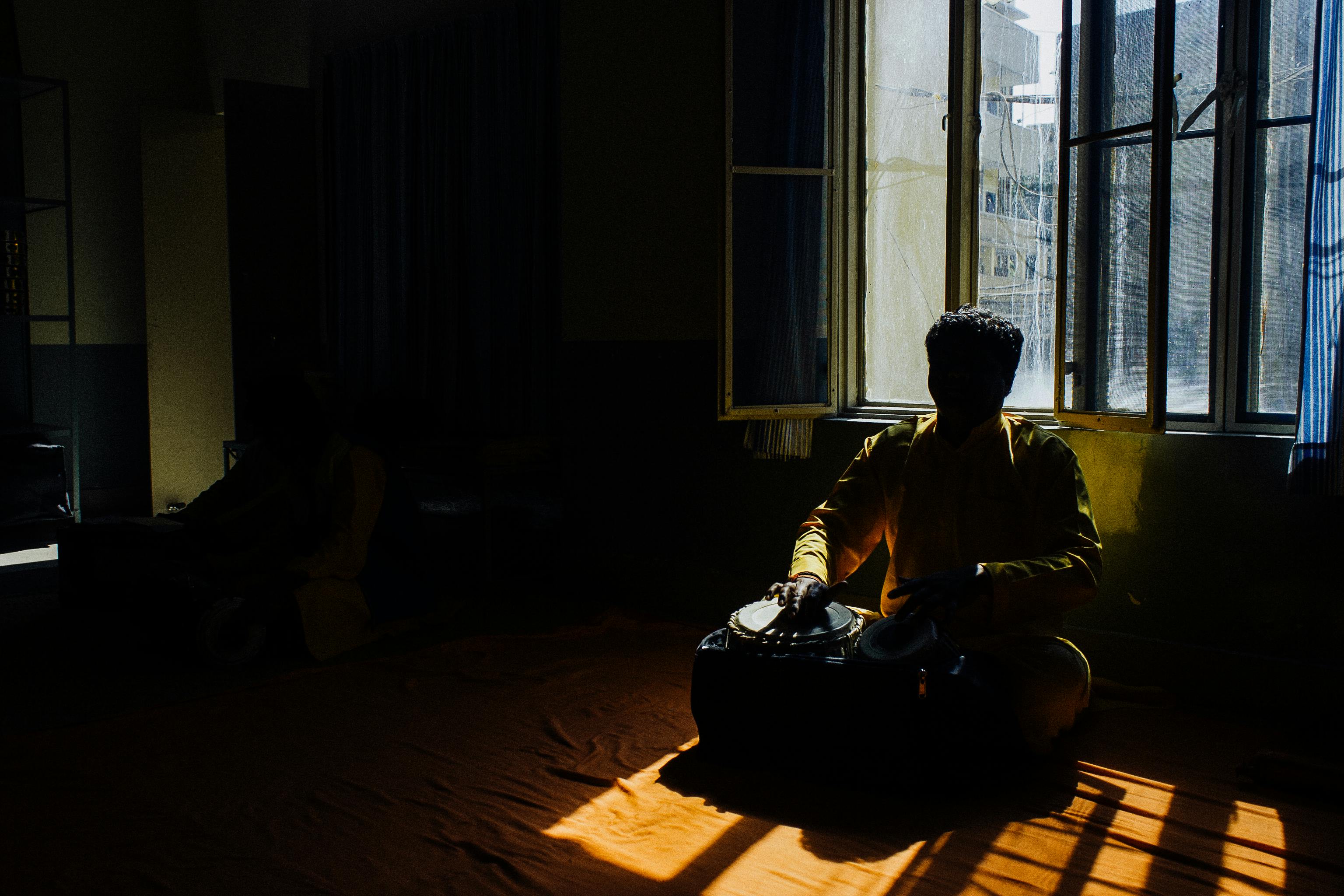
write with a fascinating language
Have you ever wondered what you are doing in this writing business? Would you have liked to dedicate yourself to something easier, like mountain climbing, bungee jumping or studying Russian? I know what I do. Almost daily.
But on the other hand, I wouldn’t change a minute of the years I’ve been in this crazy life of a writer. I also wouldn’t trade any of the friends I’ve made who are as crazy as I am to keep it all this time.
We all do precisely what we want to do. We find a way if we really want to write.
Do you write to earn a lot of money? Or be famous and appear on Oprah? Or do you just want to write the best books and stories you can for other people to enjoy reading your words?
Accomplish the latter first, and maybe the top two will follow, but even if they don’t, you’ve done something most people never do. He achieved self-satisfaction in a job well done.
Many talents go into creating a good book. Some are easier to learn than others. One thing is for sure. Either we are creative or we are not. No one can teach us that. But we can learn to hone our craft. Probably one of the most difficult facets of writing is recognizing when we have found our voice.
Writers are like singers, they have different voices. The problem is finding and developing that voice. As singers, we have to practice, study our craft, find our passion, before we can begin to develop that voice.
Do you know why poets are usually the best prose writers? Because they, like singers, have developed a voice. Learn to sing to your readers, grab them and surprise them and don’t let go until you’re done with your “song”.
Nobody can teach you a writing voice, but you can learn to look for it and recognize when you have found it, and once you have found it, you can strengthen it.
Your writer’s voice begins in your heart, your mind, your soul. It comes from your perceptions of the world around you, and those perceptions come from the lullabies your mother sang, the stories your father told, the way your family expressed love, joy, hate, and anger. It comes from your own likes and dislikes, what you are passionate about. From all this you can develop a unique voice.
Let’s say you’ve created strong multidimensional and emotional characters, you’ve written the best book, story or article you can write. It’s all there: new settings, crisp dialogue, a sense of place, conflict, a thematic focus, good pacing. The story is original and well plotted, with subplots and interesting twists and turns. Surprises and omens that go hand in hand.
You have developed a rhythm, you have set a tone. Cutscenes and aftermath present the reader with excitement and a moment to relax and reflect on what has happened and what may happen. You have studied and practiced the point of view until you master it.
You’ve all read Dwight Swain’s Techniques of the Selling Writer, of course, and know when and how to throw a dead body off the roof.
So why doesn’t anyone buy your work? Why do you keep getting rejections? Or, worse yet, you broke down the barriers, found a publisher, and then your book just languished on the shelf. So why aren’t his creations selling like they should?
Chances are you haven’t developed a voice of your own. One only voice. You still don’t speak with a captivating tongue. You haven’t yet learned what makes your story and how you tell it absolutely stunning, unique to you.
Maybe I can help you solve your dilemma. Before you start working on your own voice, read and try to recognize the voice in the works of other writers. Some are popular because they tell exciting stories. They’re not even particularly good writers. But the ones with the most followers are the ones with a distinct voice that engages the reader in great stories. Read until you can recognize the voice of those writers who move you.
To start developing your own voice, first consider what you’re writing about. Is it really what you want to write, what you were meant to write? When you sit down to write, do you experience unbridled passion?
If you can answer yes to those questions, then you are probably well on your way to developing your voice.
If the answer to these questions is no, if you’re afraid to go where you write, you have to force yourself to, or if you’re confused and unsure about your voice, here are some things you can do. do.
A. Rewrite passages from other books the way you would write them. Relax, don’t be afraid to be innovative, write things you normally would never write. As they say today, go to the edge. Be bold. Write the things you always wanted to write, but never had the courage. Do this a lot for practice.
B. Read something you’ve written on a tape recorder, then go to a quiet place away from your work space, sit in the dark and with your eyes closed and an open mind listen only to the sound of your voice. Oh I know, isn’t it terrible? But get over your aversion and listen to the rhythm, the song that your words sing.
Pay attention to the inflections in your reading voice until you get a feel for the passage. Then listen again and try to think where you could change the rhythm, tone, rhythm, use a stronger verb, or drop an adjective or adverb.
This is not editing, but tweaking the song, so to speak. Exercising your writer’s diaphragm.
C. Now, instead of reading the passage, turn on your tape recorder again and this time pretend you are telling your story to an audience around a campfire. Let go and be inventive. She speaks with your voice. Don’t look at what you’ve written. Include some dialogue where she can help, right off the top of her head. Create verbally. Now listen to the tape and write your story the way you told it, instead of the way you first wrote it. Do this a lot and you will develop a unique voice just for you. Then you will write with a fascinating language.




